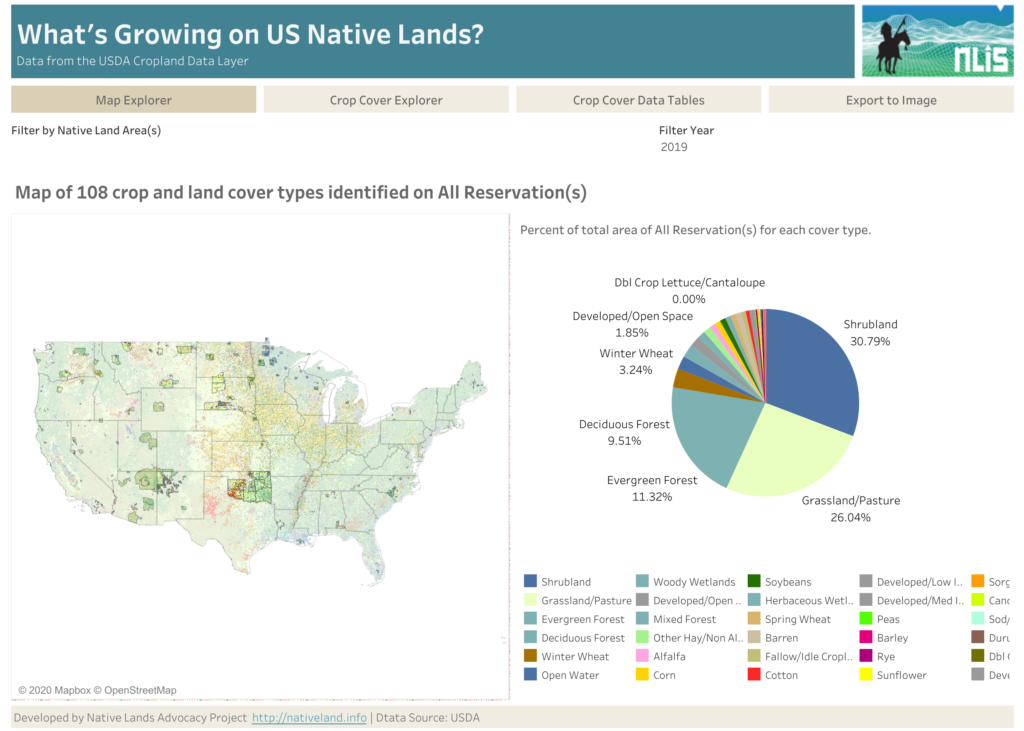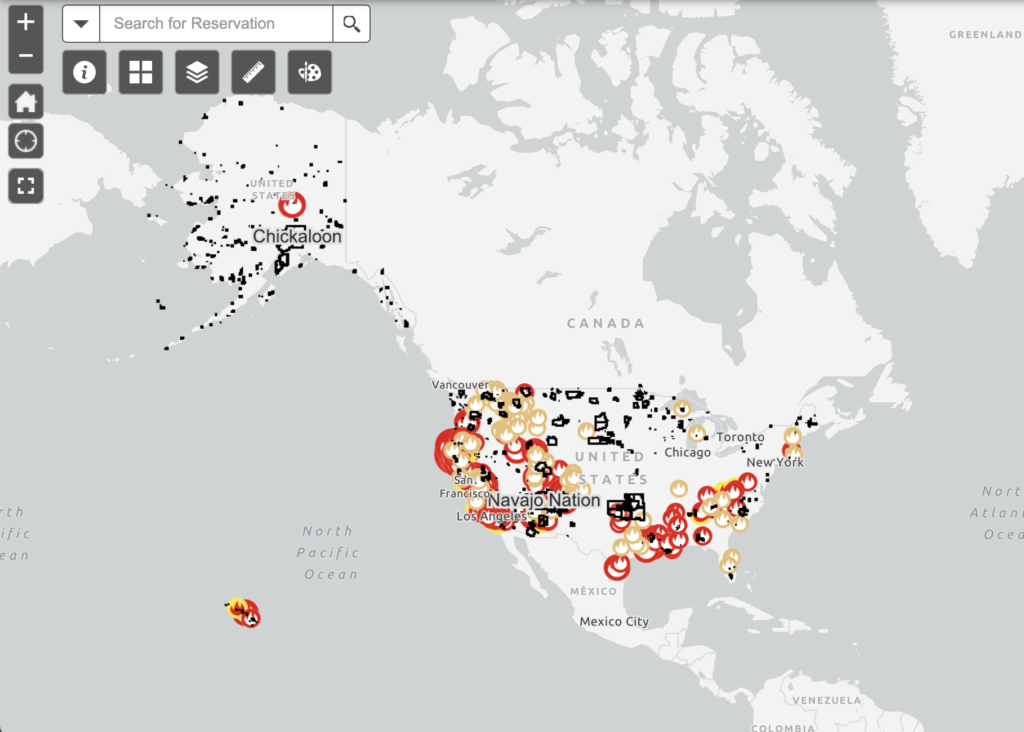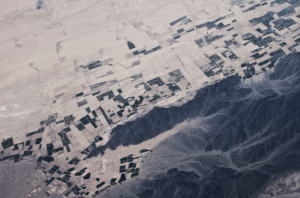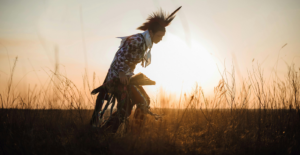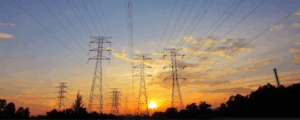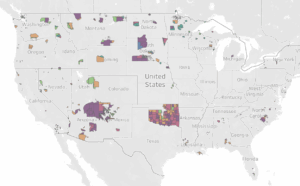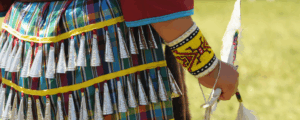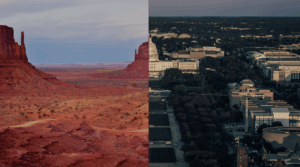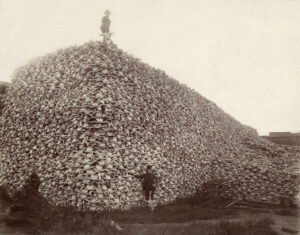Introducing the Native Land Information System (NLIS)
Today, the Native Lands Advocacy Project (NLAP) is launching a “beta” version of our Native Land Information System (NLIS). This site (and the data it contains) has been under development since May of 2019, but now is finally in a state where we can make a limited version available to the public to start receiving feedback.
Prior to the launch of the beta version of the site, we invited targeted feedback from dozens of stakeholders in Indian Country including researchers, educators, advocates, and activists. Now, we encourage site visitors to share their feedback and ideas with us by commenting at the bottom of our blog posts, dashboards, storymaps, and our data portal, or by emailing us at info@nativeland.info.
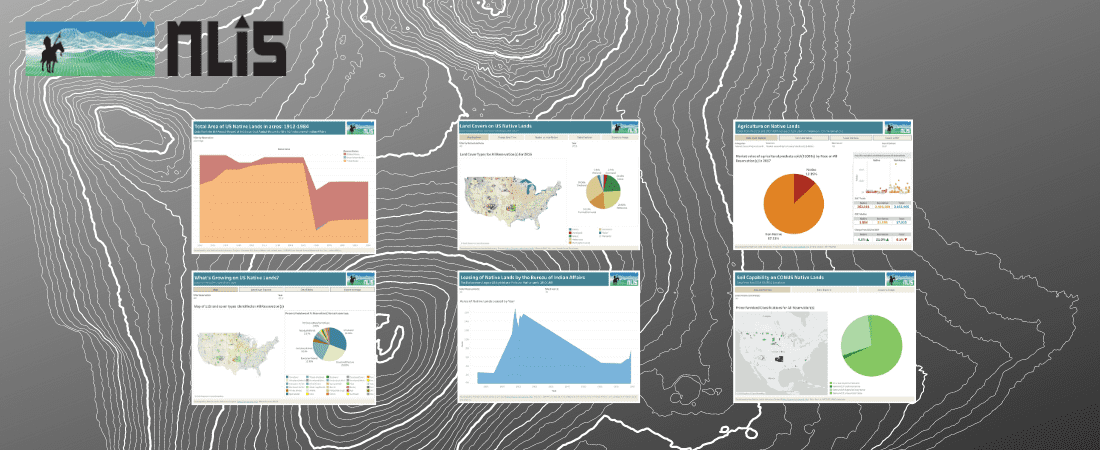
What is the NLIS?
The Native Land Information System (NLIS) was developed by the Native Lands Advocacy Project (NLAP) which is a project of Village Earth, a 501(c)(3) nonprofit organization based in Fort Collins, Colorado. The NLIS was developed with funding from the Indian Land Tenure Foundation and serves as a repository of learning resources, information, and data to help defend and protect Native lands for the benefit of Native peoples.
Components of the NLIS
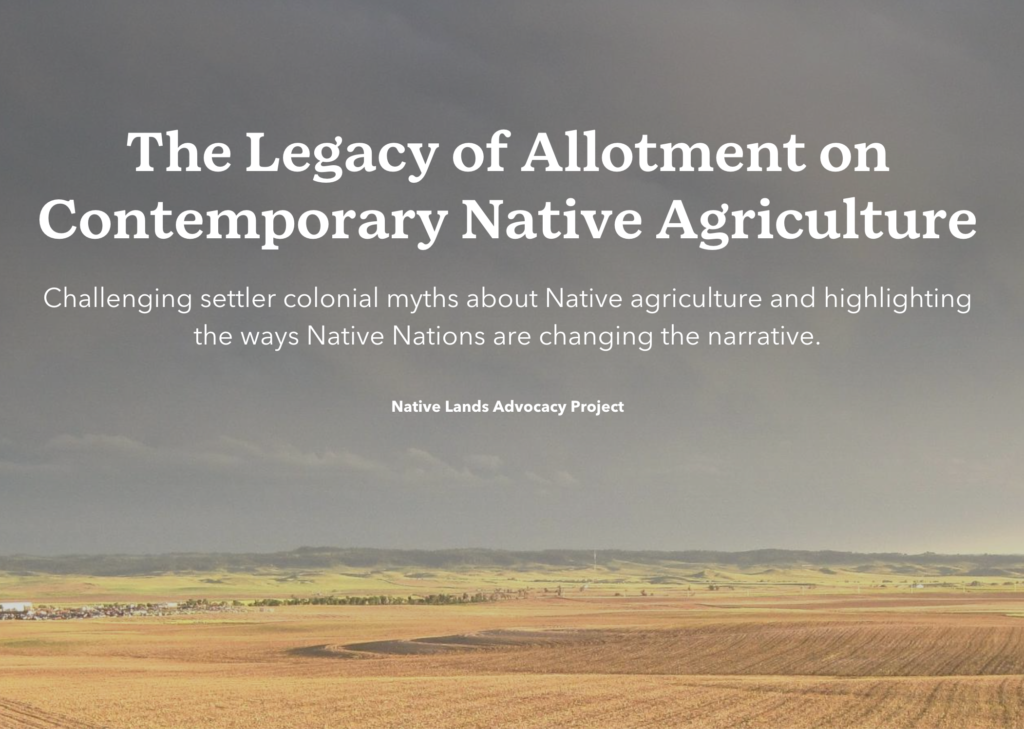
What's Next?
In the coming months, we plan to continue developing more content while also incorporating the feedback we receive to enhance the site leading up to its official launch in the fall of 2020. In particular, we plan to incorporate numerous other datasets in support of Native land protection, decolonization, and self-determination projects. If there are datasets or measures you’d like to see added to the site, let us know by commenting on this post.

